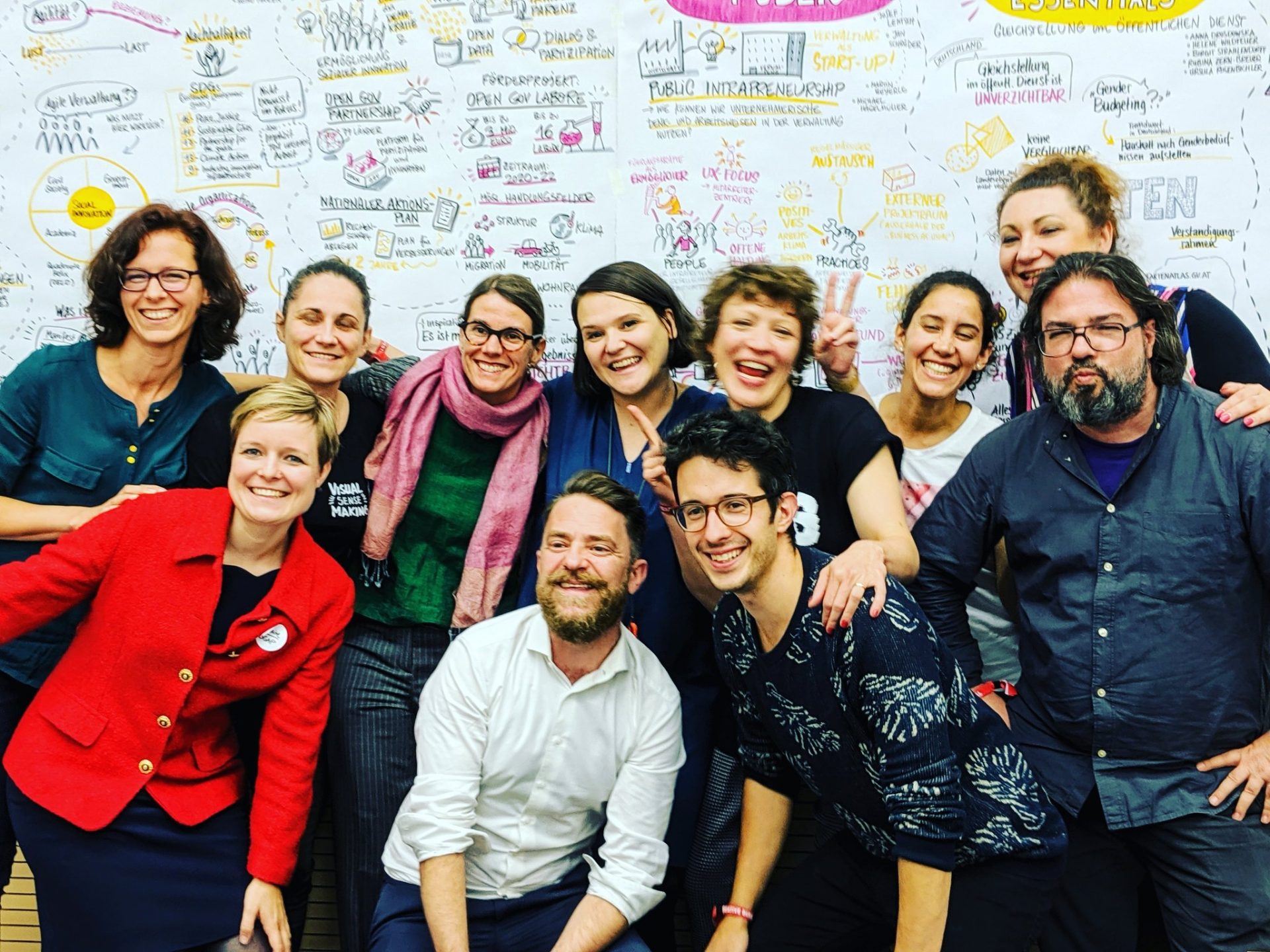During the Interviews we also learned about the label energy city. Energy cities are breaking new ground and advocating a sustainable energy future. Smart energy management pays off in Swiss francs, not to mention boosting your image. The municipality is assessed on the basis of 56 measures in six areas, e.g. municipal buildings, mobility, supply and disposal, assessed according to national standards and then certified.
We learned that it is important to use more solar energy. It would also be good to have standardized funding amounts for solar energy, at the moment there are already subsidies from Swissgrid, but the remuneration for solar energy should be standardized. Some municipalities are networked with each other by the power grid, therefore they are in constant communication. To have sustainable energy the municipalities have to invest a lot of money that sometimes is not available or denied from the community.
In some municipalities electricity customers have been offered locally produced solar electricity with the alternative electricity product “ST PLUS with Sun” for a small surcharge.
Another valuable insight we received from a climate justice activist, was that political representation of certain interest groups is not given. There appears to be an imbalance of people in power, which makes a dialogue on how to change for a better future challenging. Also, living within these frameworks or boundaries of sustainable energy use, seems to be quite a challenge, given today’s living standards. And there doesn’t seem to be a future decline in demand for electrical energy, looking at possible future developments.
Your concerns around energy in your daily lives or work lives. Jakub Morzycki believes that politics are, generally speaking, not really responsive to the issues of our time. The asymmetry of power between corporations and parliamentary lobbies and normal citizens like me for example. Also, living within these frameworks or boundaries of sustainable energy use, seems to be quite a challenge, given today’s living standards. And there doesn’t seem to be a future decline in demand for electrical energy, looking at possible future developments. (Digitalization)
Eric Olivier who works as a senior services manager in GE (steam power) says that – currently, energy as we understand it, is the means for mobility, heating, electricity production and consumption. Eric Olivier argues that before we try to change things, we should educate the population about energy in a constructive manner. Energy and its impact on climate are factual elements which are wrongly explained by politics, lobbyists or multinational companies to serve their interest. He gives us a few examples:
- Overconsumption: a lot of people speak about the need for higher efficiency in energy generation, while we should be focusing on reducing and limiting its consumption.
- Wrong understanding about “renewables” and the fact that it is a dependable source of electricity production.
- Wrong understanding of nuclear power.
- Wrong energy subventions: for example, power production through wood or gas is highly incentivized by the EU while these sources have high carbon content during combustion.
- Not considering the total carbon impact all along the life cycle of a solution or a product. For example, production of electricity of solar panels should consider the need for rare earth elements and waste management.
- Cars are becoming bigger and bigger! Hybrid SUV is a misnomer
What can you do about them? Jakub Morzycki is all for activism and taking a stance by actively organising strikes and protests in favour of the climate crisis.
Olivier feels that before trying to consume less energy, he would focus on not wasting it. He believes he can personally contribute by being conscious of his personal consumption and lifestyle and secondly, speaking as a professional in the field of energy and electricity production, he states that education is crucial.
What would you wish to do? Having similar power, instruments and possibilities like cooperation representatives and lobbyist politicians. This would make the public discussion about sustainability more equal to put it simply. Because in the end it is a social issue and therefore there should be public involvement into the discussion – necessarily with equal distribution. Olivier also wishes to influence politics so that they can have a true message and not the one that serves their own self interests.
What would you want to see from an energy innovation network? Jakub Morzycki feels that having the courage to actually do and change something within their organizations. Olivier also shares the sentiment and stresses that it is also vital that we have a holistic understanding of the right electricity production mix (understanding the relative advantages of several energies rather than considering the absolute pros and cons of a single source). Along with that, it is essential that we communicate with the people in a clear and simple manner in order to educate and raise awareness. Having an indicator about the total carbon impact of products during their entire life cycle would also prove to be a helpful measure.
